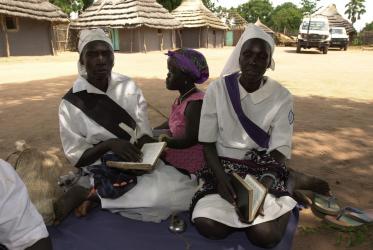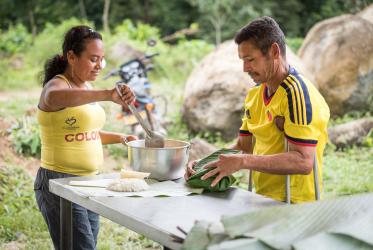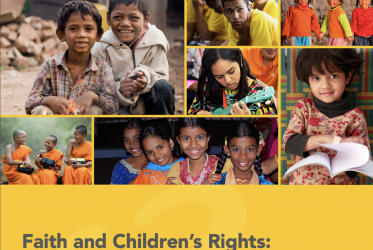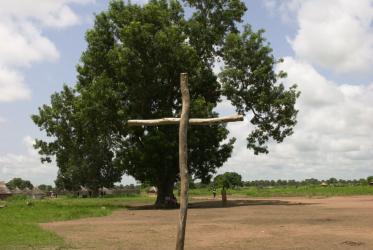Displaying 21 - 40 of 118
WCC sends letters of concern over violence and conflict in Ethiopia
04 February 2021
New study illuminates children’s rights, hopes and burdens
19 November 2019
Churches in southern Africa stand against violence, xenophobia
10 October 2019
UN day on violence victims stresses religious tolerance
22 August 2019














